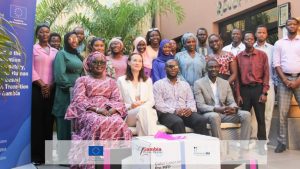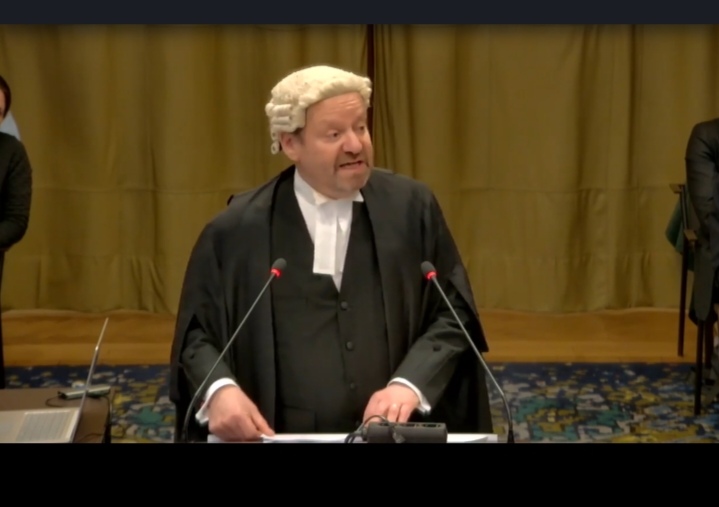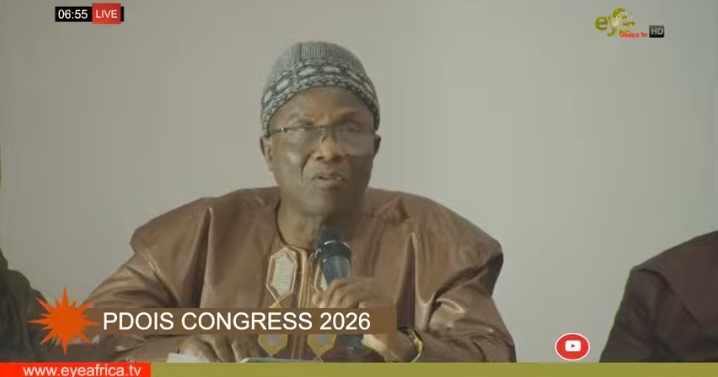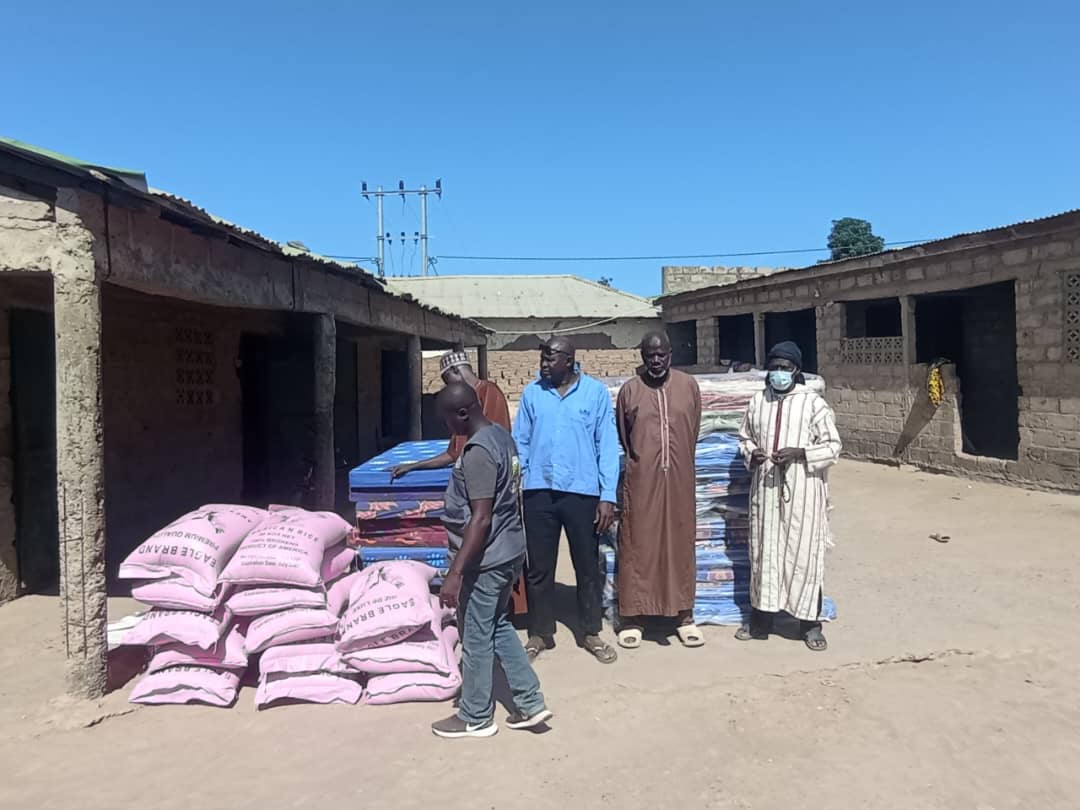The Gambia Press Union (GPU) today began a two-day validation of a draft Assault and Battery Guide for Journalists as well as train 25 participants on how to utlise the guide as part of efforts to address impunity for violent attacks on journalists and media workers.
This event forms part of activities under the EU-funded Consolidation of Democratic Dispensation in The Gambia (CODE) implemented by International IDEA, and meant to support participatory, inclusive, and human rights-based democratic transition in The Gambia.
The validation and capacity building are aimed at providing journalists and media workers with the legal knowledge and understanding of process and procedures for seeking redress on assault cases and similar violations of press freedom.
Since 2017, the GPU has documented numerous incidents of journalists facing assault and intimidation, primarily from political party supporters and security forces. None of these cases, some of which are reported to the police, has seen a day in court, and no one is held accountable.
Journalists and other media workers face harassment, intimidation and physical attacks while covering political rallies and related events, peaceful protests and other events. “These attacks serve as stark reminder of the hostile environment that members of the press were confronted with during the dictatorship,” GPU President, Muhammed S. Bah, said. “Such incidents are not isolated, but part of a concerning trend that threatens press freedom and the fundamental right of the public to know about issues of national importance.”
“The role of the police in addressing these cases cannot be understated. As the institution responsible for upholding the law, it is crucial that the police take allegations of assault against journalists seriously, investigate them diligently, and hold perpetrators accountable,” Bah said.
“When cases are dismissed or neglected, it sends a message that journalists can be targeted with impunity. This is unacceptable in a democratic society, and we call on our police force to honor its commitment to protect all citizens, including journalists, who play an essential role in holding power accountable and upholding democratic values.”
Jainaba Faye, Head of Country Office, International IDEA, said that the Assault and Battery Guide aims to provide journalists with essential knowledge and strategies to effectively navigate the risks of assault.
“The importance of understanding assault and battery laws cannot be overstated and the knowledge empowers journalists to protect themselves legally,” Faye said. “This guide goes further to not only outline your rights but also offers practical advice on how to de-escalate potentially violent situations, ensuring your safety while you conduct your duties.”
Faye also urged journalists and media workers to not only familiarize themselves with the guide but to also share it with their colleagues and peers. “This will create a culture where journalists can work freely knowing they are equipped with the tools they need to stay safe and informed.”
Enya Braun, the European Union’s Governance Lead, said journalists play a central role in society; they are the voice of the people, the mirror of government and societal accountability, and the defenders of democracy.
“In the European Union, we deeply value press freedom, understanding that without it, democracy itself is undermined,” Braun said. “We are here today to affirm our solidarity with Gambian journalists, to help empower and equip them with the knowledge needed to protect their rights, and to support an environment that upholds the rule of law for all.”
Braun said that through training sessions like this, Gambian journalists and the Gambia Press Union can deepen their understanding of legal procedures, empowering them to seek redress when their rights are violated.
The validation of the Assault and Battery Guide for Journalists is being held on November 5, while the training aspect will be held on November 6, 2024 and will cover the scope of assault and battery laws, the process for filing complaints, and the support that journalists can seek from the judiciary.
“We believe that, with greater awareness, the impunity associated with crimes against journalists will diminish, fostering an environment of safety and respect for media professionals. In this context, gender considerations are also essential. Women journalists face unique challenges, including gender-based violence and harassment, which often go unreported,” Braun said.







